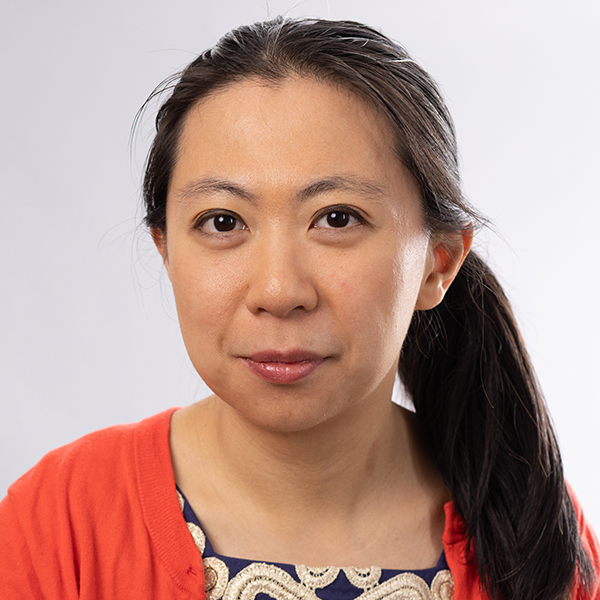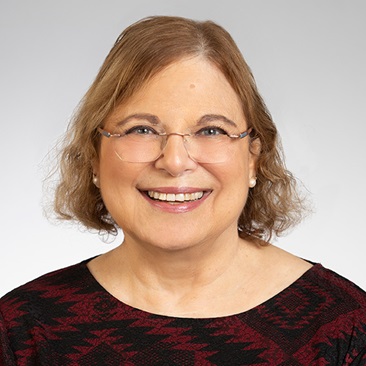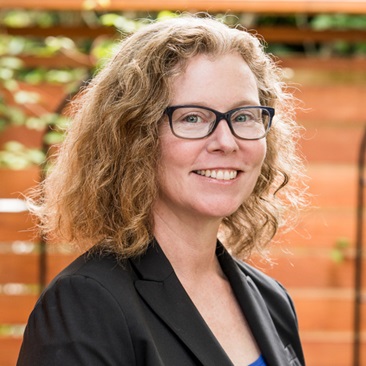full-time faculty teaching and conducting research in political science
of Maxwell faculty conduct research focused outside of the U.S.
graduate students in residence; fewer than 12 admitted each year
Undergraduate Studies
Graduate Studies

I am Maxwell.
Civic engagement is a core value for me. I have always aspired to help the communities I’m from.” Mazaher Kaila, a Maxwell alumna and third-year student at Syracuse University's College of Law, moved with her family from Sudan to Central New York when she was four years old. “I realized that to make meaningful change in society, I needed to understand the systems that power it—government and politics—and that’s insight I would gain by studying political science.”
Mazaher Kaila ’19, L’22
political science, law
Thompson Weighs In on Relations Between US Sisters and the Vatican in Global Sisters Report
April 30, 2024
Global Sisters Report
The apostolic visitation of all women religious in the U.S. and the doctrinal assessment of the Leadership Conference of Women Religious were controversial, with more progressive Catholics seeing them as an attack on women who had dedicated their lives to the church, and more traditional Catholics seeing them as a needed correction for religious who had become too secular.
Both ended nearly a decade ago and sisters say their relationship with officials in Rome is radically different.
"I think both (investigations) were less of a big deal than most American sisters feared they would be when they were initiated, and that is, of course, because of Pope Francis," says Margaret Susan Thompson, associate professor of history and political science. "The whole tenor of the Vatican, in particular toward religious life, changed radically."
Thompson says one of the biggest reasons for the changing relationship is that [Pope] Francis and other key decision-makers were members of religious congregations themselves. "I think that made a big difference," she says. "He was able to understand the complexities of the issues from the inside in a way Benedict and the bishops in the United States were not capable of doing."
Read more in the Global Sisters Report article, "'It's a different time': Relations between US sisters, Vatican have changed radically."
Related News
Commentary

Aug 1, 2024
Commentary

Jul 31, 2024
Commentary

Jul 30, 2024
BaoBao Zhang Joins First Cohort of AI2050 Early Career Fellows
One of only 15 scholars chosen from across the U.S., Zhang will receive up to $200,000 in research funding over the next two years. Zhang will use the funding to partner with the nonprofit, non-partisan Center for New Democratic Processes to test whether public participation in AI governance is increased through the creation of public assemblies, known as “deliberative democracy workshops.”
Baobao Zhang
Assistant Professor, Political Science Department

Thompson Weighs In on Relations Between US Sisters and the Vatican in Global Sisters Report
April 30, 2024
Global Sisters Report
The apostolic visitation of all women religious in the U.S. and the doctrinal assessment of the Leadership Conference of Women Religious were controversial, with more progressive Catholics seeing them as an attack on women who had dedicated their lives to the church, and more traditional Catholics seeing them as a needed correction for religious who had become too secular.
Both ended nearly a decade ago and sisters say their relationship with officials in Rome is radically different.
"I think both (investigations) were less of a big deal than most American sisters feared they would be when they were initiated, and that is, of course, because of Pope Francis," says Margaret Susan Thompson, associate professor of history and political science. "The whole tenor of the Vatican, in particular toward religious life, changed radically."
Thompson says one of the biggest reasons for the changing relationship is that [Pope] Francis and other key decision-makers were members of religious congregations themselves. "I think that made a big difference," she says. "He was able to understand the complexities of the issues from the inside in a way Benedict and the bishops in the United States were not capable of doing."
Read more in the Global Sisters Report article, "'It's a different time': Relations between US sisters, Vatican have changed radically."
Related News
Commentary

Aug 1, 2024
Commentary

Jul 31, 2024
Commentary

Jul 30, 2024

